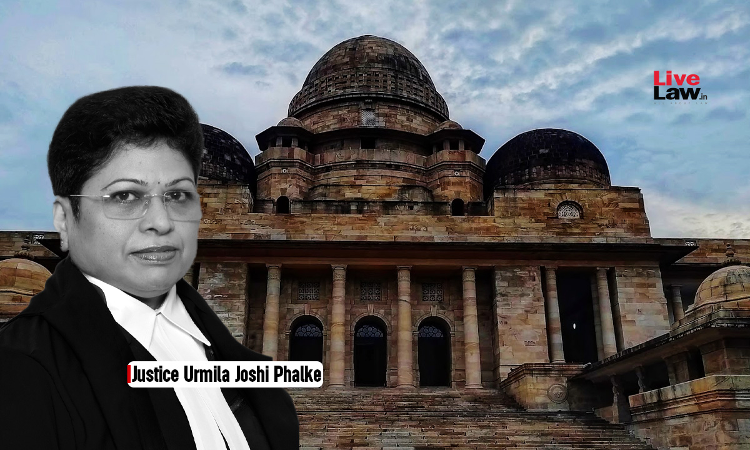- Home
- /
- High Courts
- /
- Bombay High Court
- /
- 'Denying Residence To Brother's...
'Denying Residence To Brother's Wife In Shared Household Amounts To Domestic Violence': Bombay High Court
Saksham Vaishya
20 Sept 2025 12:14 PM IST
The Bombay High Court has held that preventing a woman from residing in her shared household amounts to domestic violence within the meaning of Section 3 of the Protection of Women from Domestic Violence Act, 2005. The Court emphasised that the right to reside in a shared household under Section 17 of the Act exists irrespective of any right, title or beneficial interest in the same.According...
The Bombay High Court has held that preventing a woman from residing in her shared household amounts to domestic violence within the meaning of Section 3 of the Protection of Women from Domestic Violence Act, 2005. The Court emphasised that the right to reside in a shared household under Section 17 of the Act exists irrespective of any right, title or beneficial interest in the same.
According to the brief facts, the non-applicant no. 1 is the wife of the brother of the applicant, who was denied residence in the shared household by the applicant.
Justice Urmila Joshi-Phalke was hearing a criminal revision application filed challenging an order of the Additional Sessions Judge, which had granted his sister-in-law (brother's wife) and her son the right to reside in the shared household. The applicant opposed the claim on the grounds that the respondent never resided with her husband in the said house after 2004, that the Act was enacted only in 2005, and that a deed of divorce was allegedly executed between her and her late husband.
The Court rejected these contentions, holding that the definition of “aggrieved person” under Section 2(a) and “domestic relationship” under Section 2(f) covers women who have lived in a domestic relationship at any point in time. The wording “has lived together at any point of time” was interpreted to include past cohabitation. It observed:
“The intention of the inclusion of the said words has its own meaning... Giving any other interpretation to these words is not the object of the said provisions. Therefore, till the relationship exists and the party at any point of time has lived together, the application or proceeding under the said Act can survive and is very much maintainable so as to grant necessary relief.”
The Court further observed that the expression 'right to reside in the shared household' is not restricted to only actual residence, as, irrespective of actual residence, a woman in a domestic relationship can enforce her right to reside in the shared household.
The Court noted that Mohini had resided in the house with her husband until 2004, and after his death in 2008, her attempt to re-enter the shared household was resisted by the applicant. The refusal to allow her residence was held to constitute “domestic violence” as it constituted “economic abuse” since it deprived her of access to a shelter she was entitled to.
“… economic abuse would be domestic violence if the respondent prohibits or restricts the applicant to continue access or resources or facilities which aggrieved person is entitled to use or enjoy by virtue of the domestic relationship including the access to the shared household… considering the non-applicant No.1 was deprived from using the shared household property and, therefore, the applicant has committed the domestic violence who was in the year 2004 in a domestic relationship with her,” the Court observed.
The Court also held that the alleged divorce deed was not legally valid, since dissolution of marriage requires a competent civil court's decree under Section 13 of the Hindu Marriage Act.
While upholding the relief of residence, the Court modified the order to specify that Mohini and her son were entitled to reside on the first floor of the property in accordance with the Will executed by her mother-in-law.
Accordingly, the revision was partly allowed, and the order of the appellate court was modified to that extent.
Case Title: Ashish Chandrakant Chauhan v. Mohini Mukesh Chauhan & Anr. [Criminal Revision Application No. 240 of 2022]



